An excerpt from chapter seven of “Jurassic Park”, the bestselling novel by Michael Crichton
“They moved Malcolm to another room in the lodge, to a clean bed.
“What disaster is that?” Malcolm said, sighing.
“Well,”
Malcolm sat up on one elbow. “You were worried about that?”
“Surely, that’s what was at stake,”
“You egomaniacal idiot,” Malcolm said in fury. “Do you have any idea what you are talking about? You think you can destroy the planet? My, what intoxicating power you must have.” Malcolm sat back on the bed. “You can’t destroy this planet. You can’t even come close.”
“Most people believe,”
“Well, it’s not,” Malcolm said.
“All the experts agree that our planet is in trouble.”
Malcolm sighed. “Let me tell you about our planet,” he said. “Our planet is four and a half billion years old. There has been life on this planet for nearly that long. Three point eight billion years. The first bacteria. And, later, the first multicellular animals, then the first complex creatures, in the sea, on the land. Then the great sweeping ages of animals—the amphibians, the dinosaurs, the mammals, each lasting millions upon millions of years. Great dynasties of creatures arising, flourishing, dying away. All this happening against a background of continuous and violent upheaval, mountain ranges thrust up and eroded away, cometary impacts, volcanic eruptions, oceans rising and falling, whole continents moving… Endless constant and violent change… Even today, the greatest geographical feature on the planet comes from two great continents colliding, buckling to make the Himalayan mountain range over millions of years. The planet has survived everything, in its time. It will certainly survive us.”
“Suppose there was,” Malcolm said. “Let’s say we had a bad one, and all the plants and animals died, and the earth was clicking hot for a hundred thousand years. Life would survive somewhere—under the soil, or perhaps frozen in the Arctic ice. And after all those years, when the planet was no longer inhospitable, life would spread again over the planet. The evolutionary process would begin again. It might take a few billion years for life to regain its present variety. And of course, it would be very different from what it is now. But the earth would survive our folly. Only we, the humans, think it wouldn’t.”
“There will be more ultraviolet radiation reaching the surface. So what?”
“Well. It’ll cause skin cancer.”
Malcolm shook his head. “Ultraviolet radiation is good for life. It’s powerful energy. It promotes mutation, change. Many forms of life will thrive with more UV radiation.”
“And many others will die out,”
Malcolm sighed. “You think this is the first time such a thing has happened? Don’t you know about oxygen?”
“I know it’s necessary for life.”
“It is now,” Malcolm said. “But oxygen is actually a metabolic poison. It’s a corrosive gas, like fluorine, which is used to etch glass. And when oxygen was first produced as a waste product by certain plant cells—say, about three billion years ago—it created a crisis for all other life on our planet. Those plant cells were polluting the environment with a deadly poison. They were exhaling a lethal gas, and building up its concentration. A planet like Venus has less than one percent of oxygen. On earth, the concentration of oxygen was going up rapidly—five, ten, eventually twenty-one percent! Earth had an atmosphere of pure poison! Oxygen used to be incompatible with life.”
“No, my point is that life on earth can take care of itself. In the thinking of a human being, a hundred years is a long time. A hundred years ago, we didn’t have cars, and airplanes, and computers and vaccines… It was a whole different world. But to the earth, a hundred years is nothing. A million years is nothing. The planet lives and breathes on a much vaster scale. We can’t imagine its slow and powerful rhythms, and we haven’t got the humility to try. We have been residents here for the blink of an eye. If we are gone tomorrow, the earth will not miss us.”
“And we very well might be gone,”
“Yes,” Malcolm said. “We might.”
“So what are you saying? We shouldn’t care about the environment?”
“No, of course not.”
“Then what?”
Malcolm coughed, and stared into the distance. “Let’s be clear. The planet is not in jeopardy. We are in jeopardy. We haven’t got the power to destroy the planet—or to save it. But we might have the power to save ourselves.”




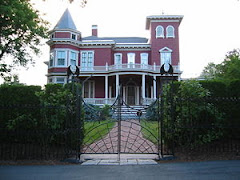
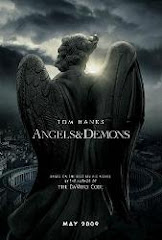
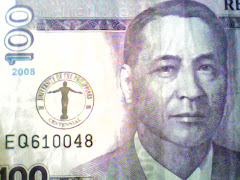

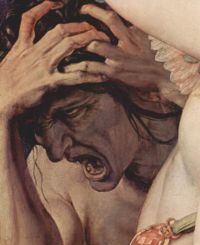

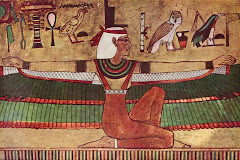
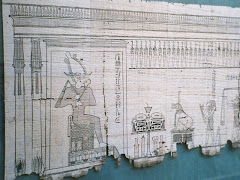


wow way to copy and paste
ReplyDeleteand as they said way to copy and past but also way to not give credit to the author of this wonderful book
Deletethe OP gave credit. of course they cut and pasted. the presented an excerpt and now someone might buy the book. what is the issue for you two?
Delete